Back to Courses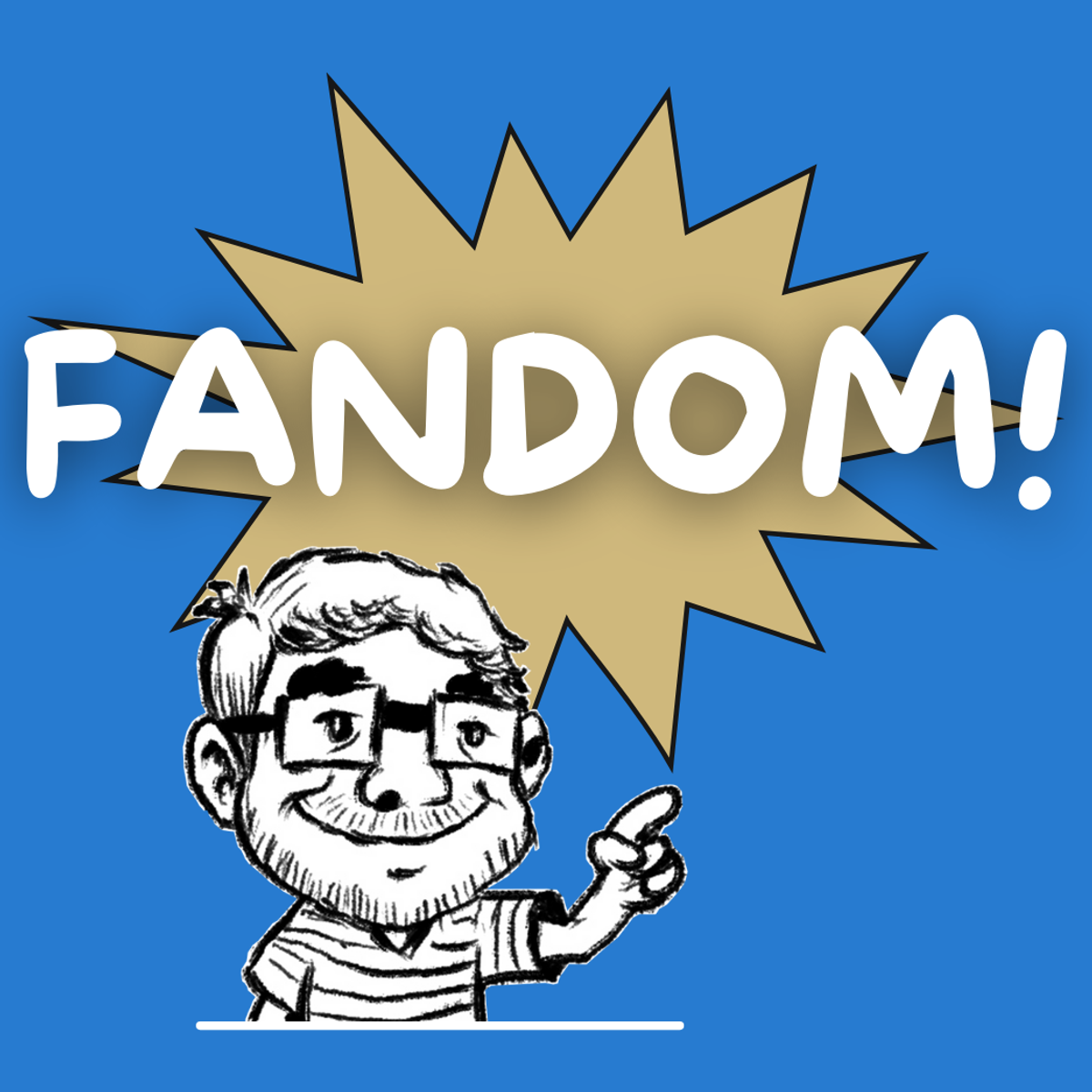
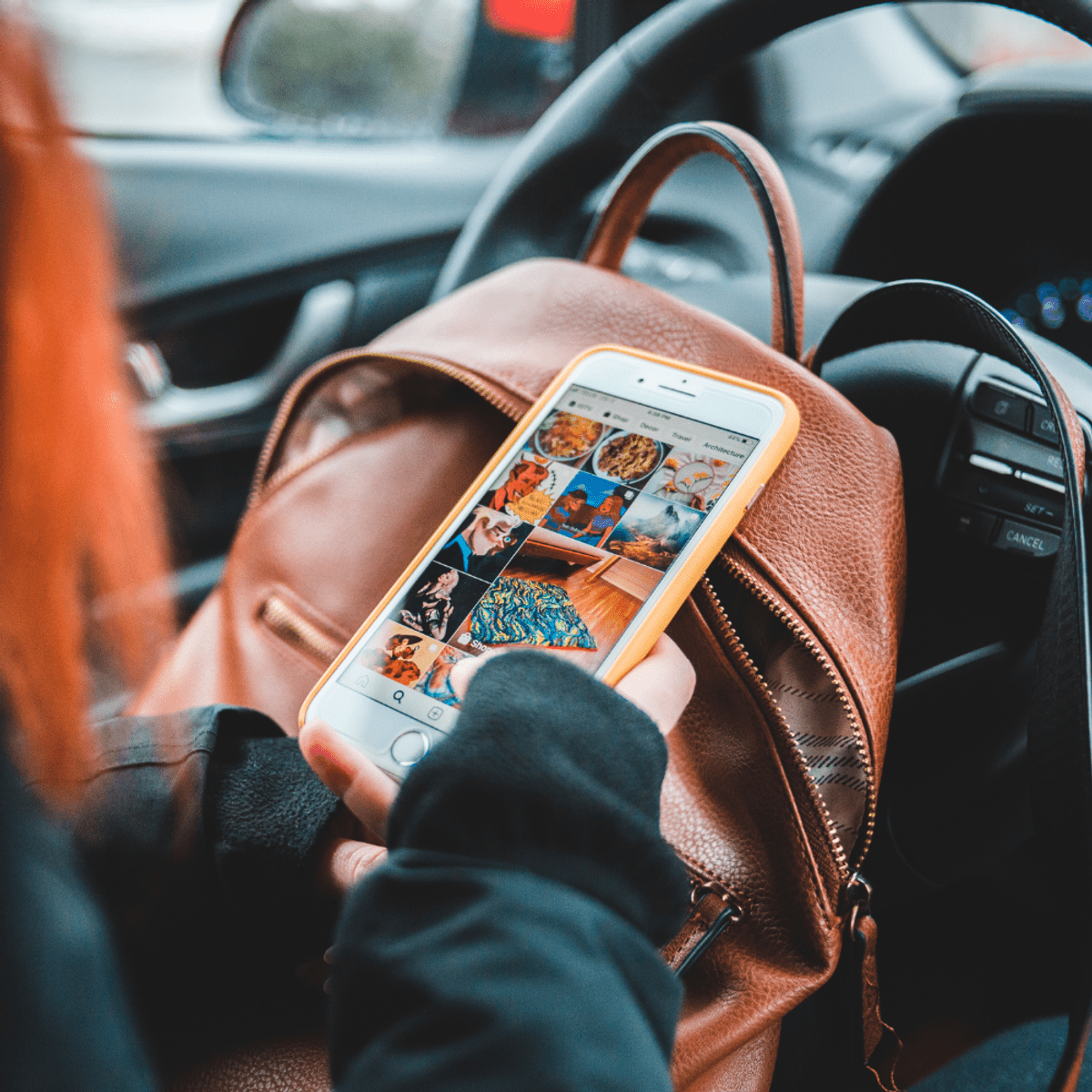
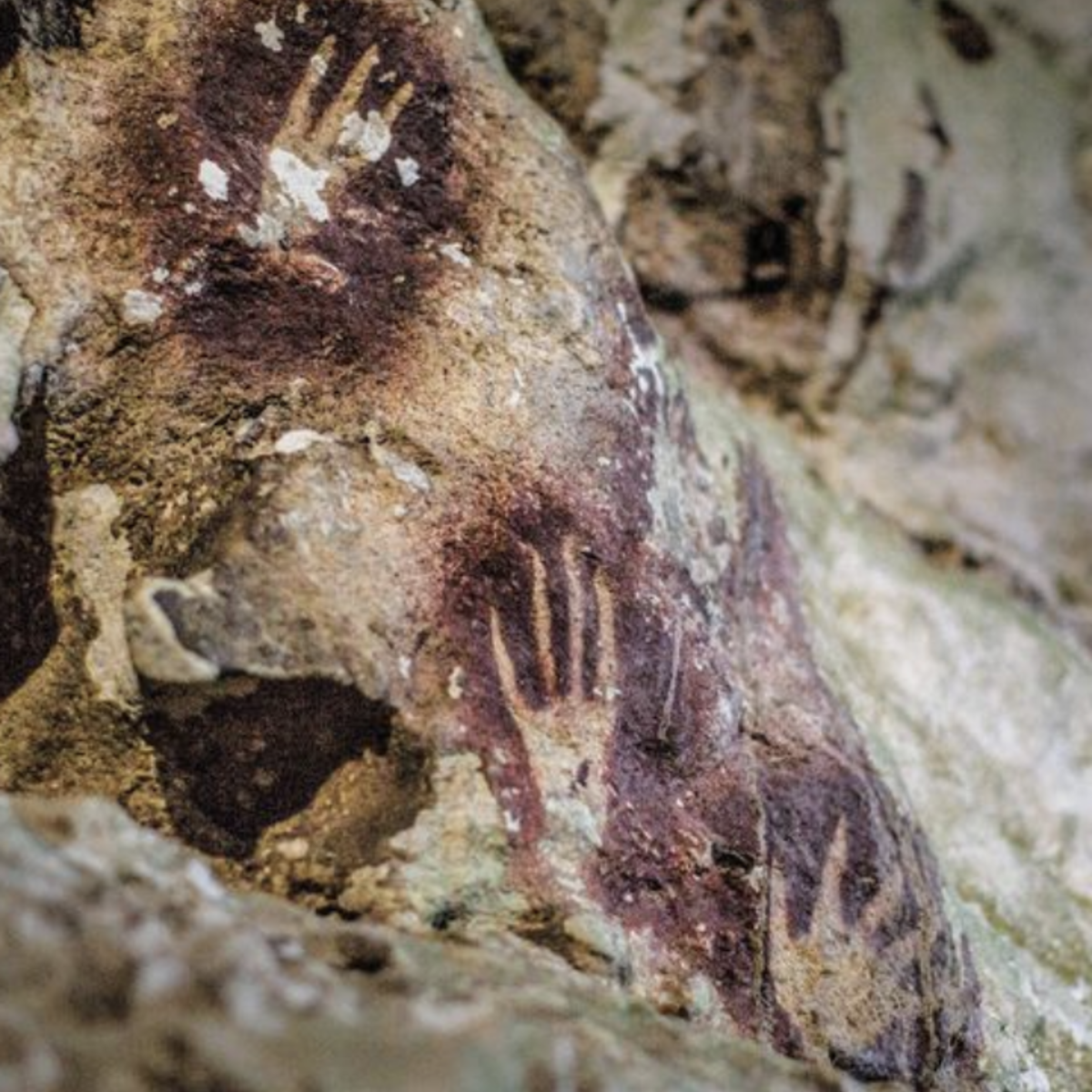
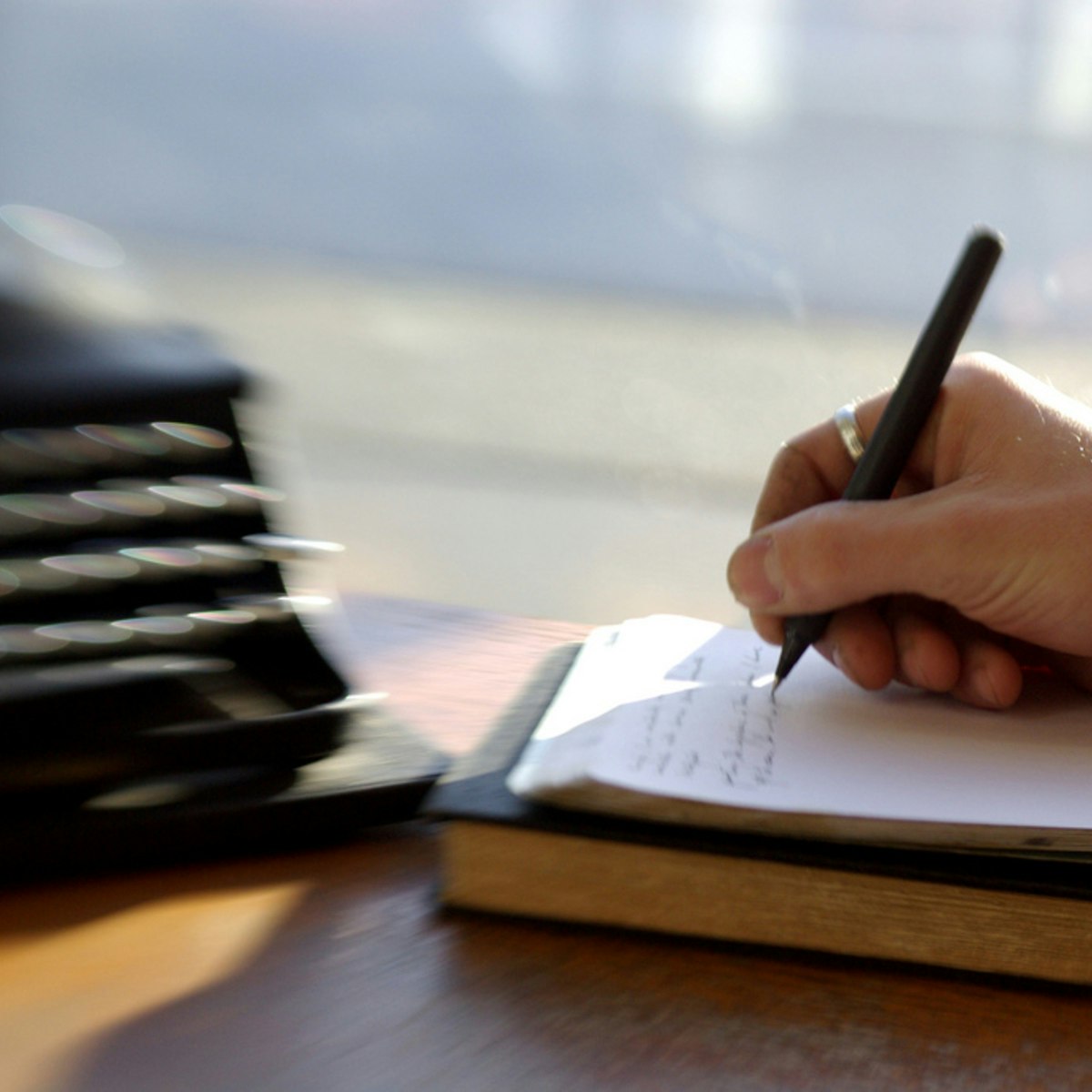
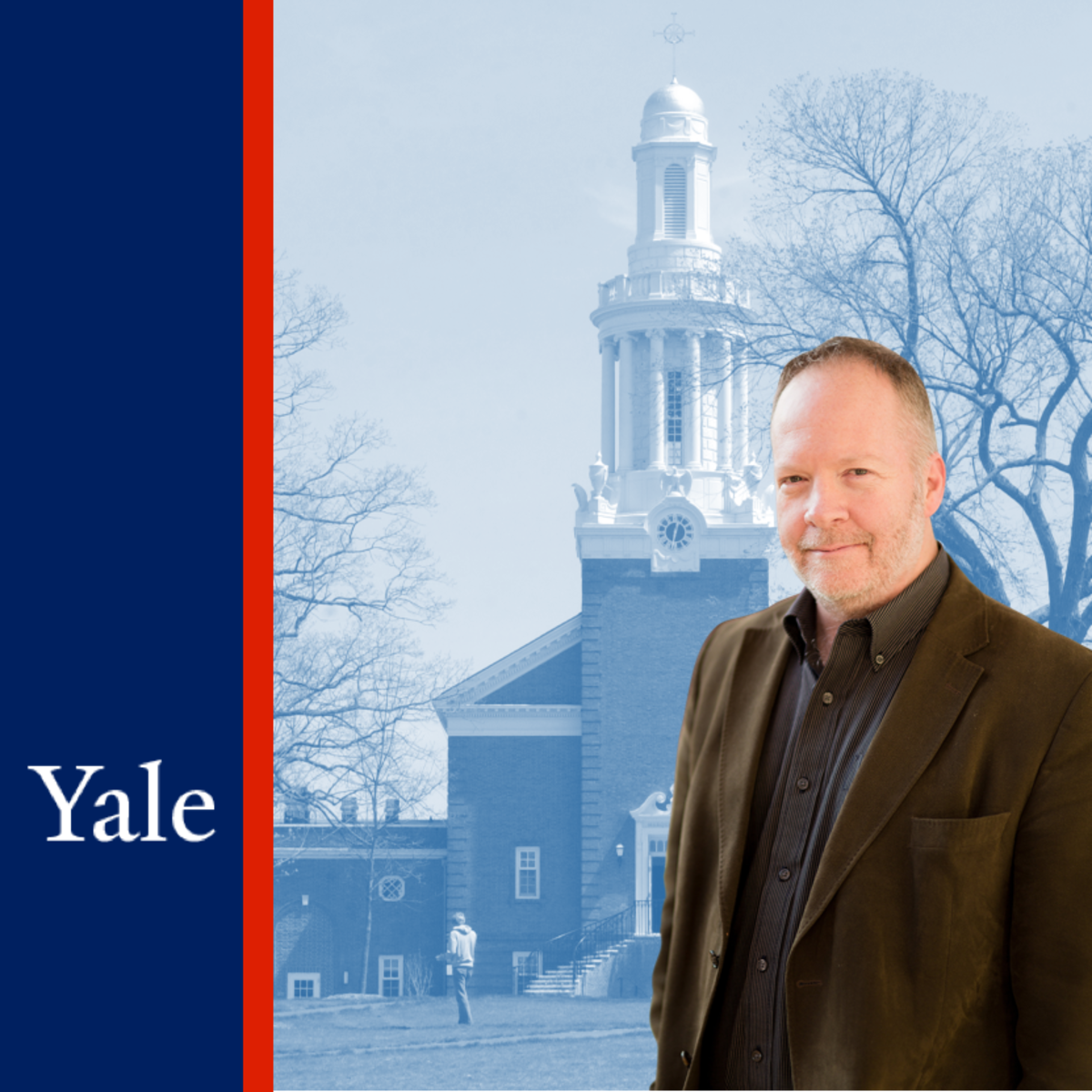
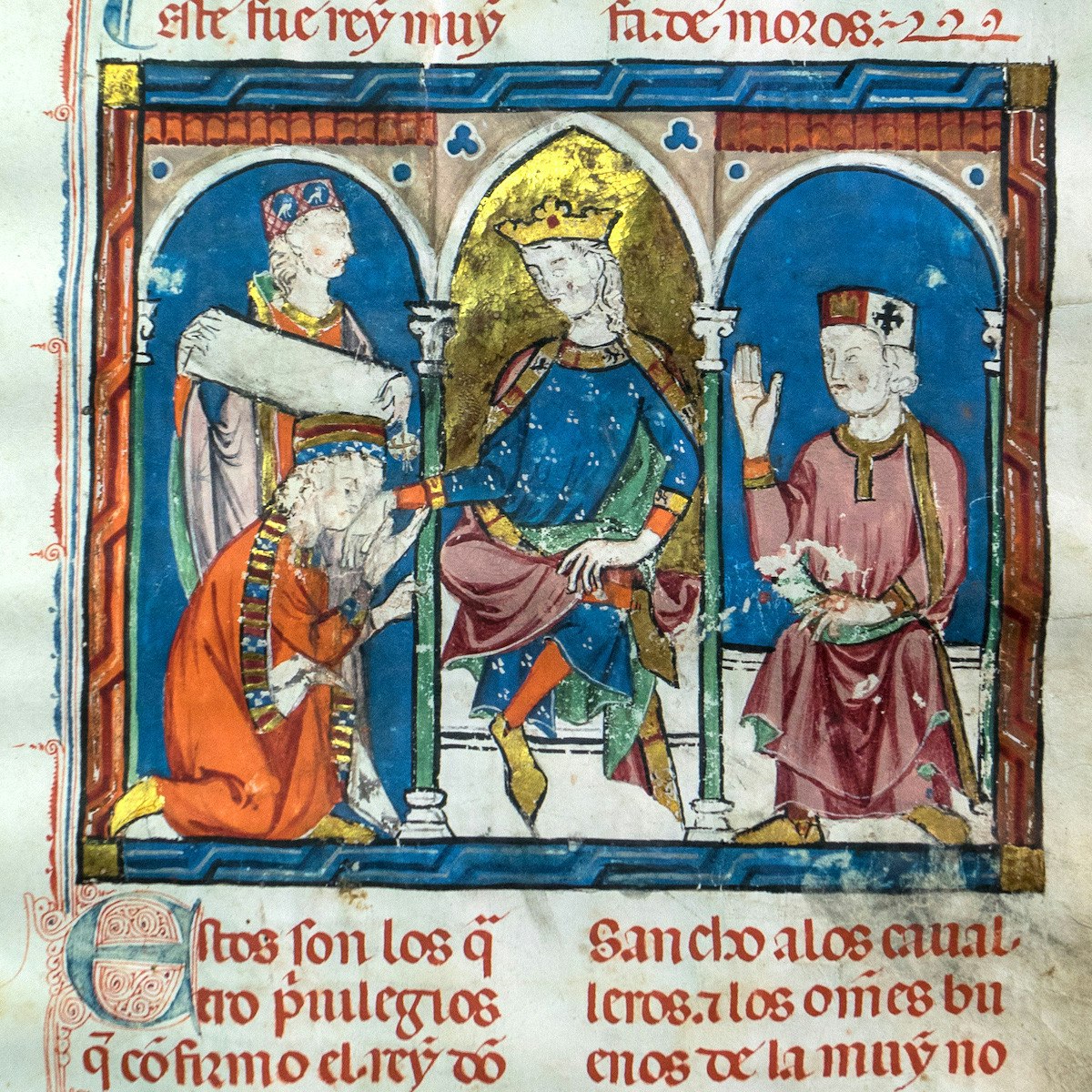
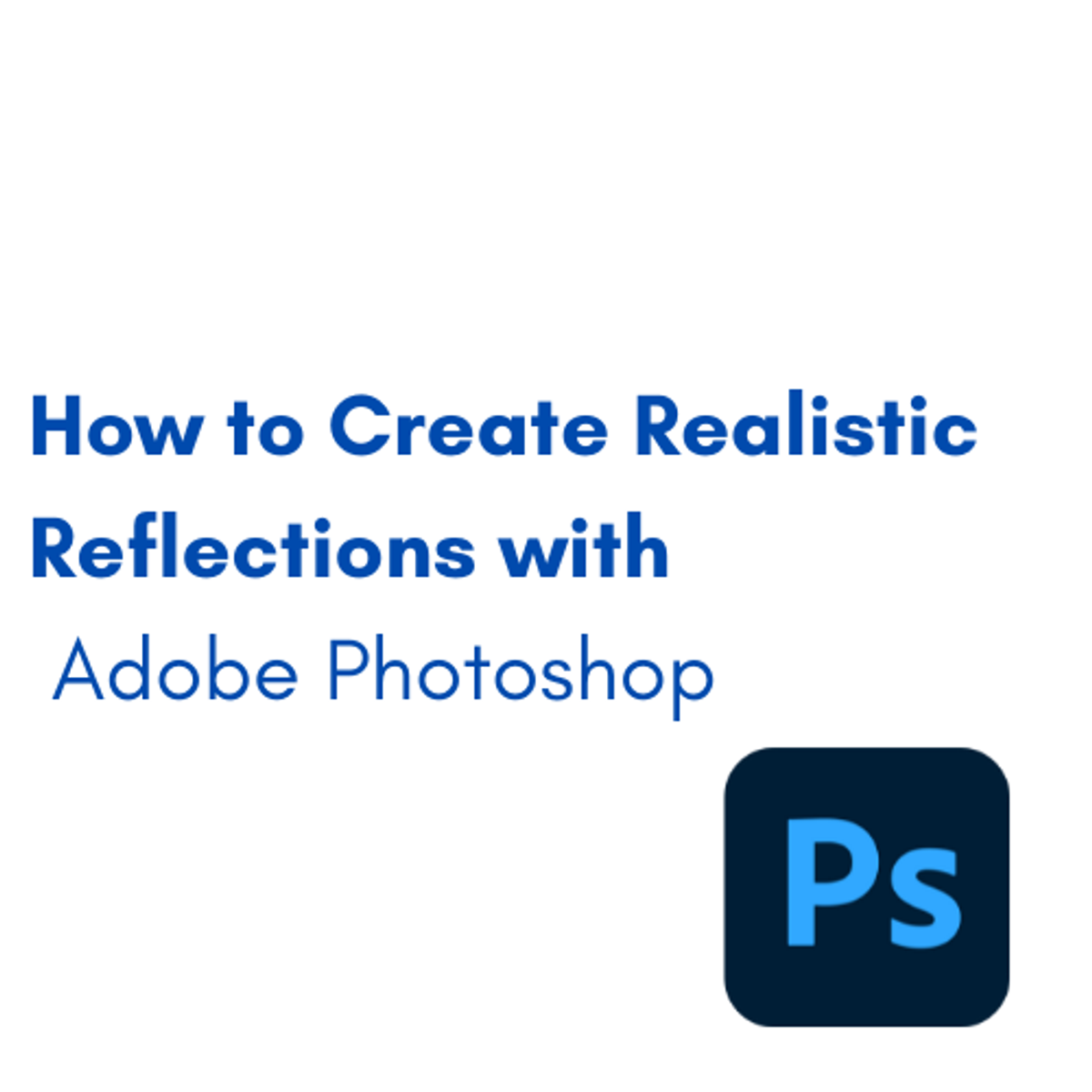

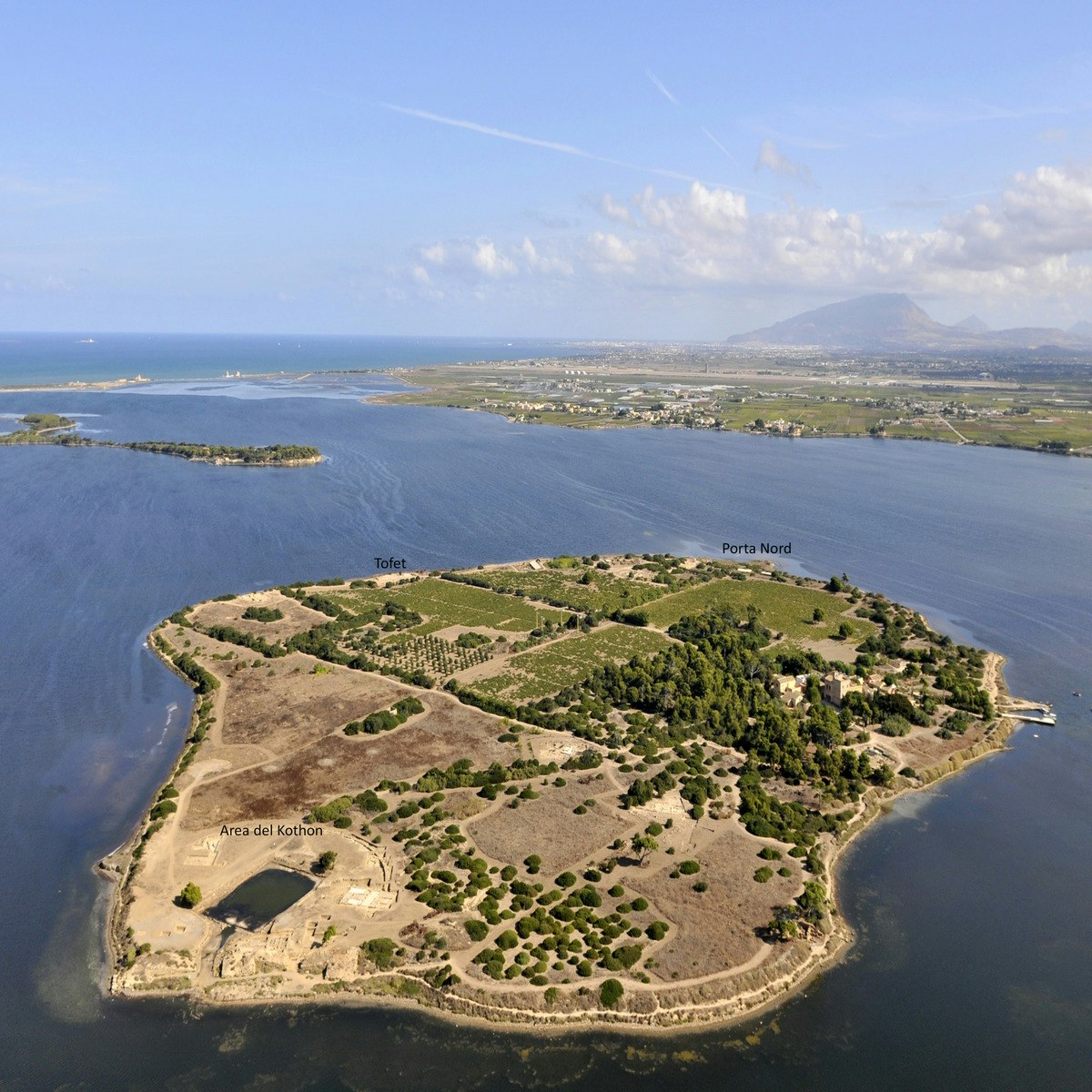

Arts And Humanities Courses - Page 2
Showing results 11-20 of 464

Fandom, Community, and Identity in Popular Music
In "Fandom, Community, and Identity in Popular Music," you will explore the intersections of fandom and popular culture using pop music as a framework. You will apply your skills of self-reflection and close reading/analysis to a few case studies of pop musicians and the ways in which their art inhabits and evolves in pop culture spaces. You will learn about what it means to be a music fan, and therefore to be a fan in general. Along the way, you’ll have the chance to express your creativity as a fan by making something to contribute back into your fandom. This project will ask you to apply your self-reflection and close reading frameworks, and will ground your studies of fandom and pop culture in your lived experience (both physical and virtual).
Course-Level Learning Outcomes
* Define and describe the dynamics of popular music and its relationship with fandom, popular culture, and digital media
* Apply critical self-reflection and close reading frameworks through analytical writing and creative expression
* Engage with pop culture and fandom communities by leveraging online platforms to make connections and synthesize learning
* Reflect on your personal relationship to popular music, popular art, and how popular culture intersects with memory and nostalgia
Course 2 Skills:
* Analysis
* Evaluation
* Critical Thinking
* Communication
* Creativity
* Close Reading

Design engaging Stories for Instagram and Facebook in Easil
By the end of this project, you will learn how to create and design engaging stories for Instagram and Facebook in Easil to promote your business. An essential role of your social media marketing strategy is to establish your online identity and appeal to your users.
In this guided project, we will use the free version of Easil. You will be able to incorporate a color scheme, images, and other design elements for aesthetically pleasing and value-added business marketing collateral. We can use Easil to complete this project because it provides all the tools you need to create organized and visually appealing products while offering a variety of options for sharing and collaboration. You will learn how to plan and organize your ideas and utilize graphic design tools as you create social media stories to advertise your brand or products.

Richard Schechner's Introduction to Performance Studies
Performance Studies: An Introduction explores the wide world of performance--from theatre, dance, and music to ritual, play, political campaigns, social media, and the performances of everyday life. Performance studies also ranges across cultures--Asia, Africa, the Caribbean, Europe, the Americas. And it spans historical periods from the art of the paleolithic caves to YouTube and the avantgarde. This course is devised by Richard Schechner, one of the pioneers of performance studies, in dialogue with more than a dozen expert scholars and artists. Performance Studies: An Introduction puts students in dialogue with the most important ideas, approaches, theories, and questions of this dynamic, new academic field.
Learning Objectives
By the end of this course, you should be able to:
Articulate and analyze the major concepts of performance studies
Identify and analyze performances within the “broad spectrum of performance”--from everyday life and social media to performance art and global spectacles such as the Olympics
Comprehend key terms of performance studies, including is/as performance, restored behavior, ritual, play, make-belief/make-believe, performance in everyday life, the performative, and intercultural performance
Produce collaborative work that demonstrates teamwork in applying ideas learned in the course
Compare, analyze, and interpret performances of their own and other cultures
Articulate how the major concepts of the course relate to their own experiences and worldviews
Analyze and criticize in a constructive way the work of classmates
The lessons present Schechner’s concept of performance studies along with online assignments. In the assignments, students apply what they are learning by composing short responses to materials, writing in their NYU Classes Forums, and by reviewing other students’ forum posts each week.
Students choose either to work in groups of 3 to 5 on a term-long project maintaining a project portfolio in NYU Classes or to write a research paper. During the term, each group will lead an in-class 25-minute discussion of their project-in-progress. During the last face-to-face class, each group will present their project.
The weekly content is:
What is Performance?
What is Performance Studies?
Performance Processes
From Not Performing to Performing
Ritual
Play
Performing in the Paleolithic
Ramlila of Ramnagar
The Performing Brain
Performativity
Constructing Social Roles
Social Media
Intercultural, Transcultural, Global
Group Projects & Wrap Up
Course Requirements
Each student is required to complete the week’s online lesson prior to the class session, attend and participate in the class sessions, complete the weekly assignments, participate and present the group project or submit a final paper.
Required Readings
See weekly online lessons.
Required Viewings (Videos)
See weekly online lessons.
Written work
Each student will either participate in a group project or write a research paper due at the end of the term, submitted electronically. Your professor will confer online and/or face-to-face during office hours to help students develop their writing and their projects. If you do a group project your professor may ask you to do some writing in relationship to your project.
Academic Integrity
The policy on plagiarism and academic honesty is posted on Classes. Read this document carefully, and be guided by it.
Copyright
Keep in mind the material you find in the online lessons is subject to copyright. You may not reproduce, reuse, or distribute it without permission outside of your work in this course. For more information on copyright and how it applies to course materials, see the Copyright Basics research guide.

Writing a Personal Essay
This class is the chance to create your personal essay or extend into a full memoir -- from planning and structure to bold narrative brushstrokes to the layering of significant detail. You will develop the opportunity to find your voice and see it come alive, amplified and improved, on the page. This is the chance to tell your story in a way that invites readers in; your story, written to be read. The memoir and personal essay are two of the best-selling and most universally acclaimed genres in the world of modern creative writing. Welcome to your story.

A Journey through Western Christianity: from Persecuted Faith to Global Religion (200 - 1650)
This course follows the extraordinary development of Western Christianity from its early persecution under the Roman Empire in the third century to its global expansion with the Jesuits of the early modern world. We explore the dynamic and diverse character of a religion with an enormous cast characters. We will meet men and women who tell stories of faith as well as of violence, suppression, and division. Along the way, we encounter Perpetua and her martyrdom in Carthage; the struggles of Augustine the bishop in North Africa; the zeal of Celtic monks and missionaries; the viciousness of the Crusades; the visions of Brigit of Sweden; and the fracturing of Christianity by Martin Luther’s protest. We hear the voices of great theologians as well as of those branded heretics by the Church, a powerful reminder that the growth of Christianity is a story with many narratives of competing visions of reform and ideals, powerful critiques of corruption and venality, and exclusion of the vanquished. The troubled history of Christian engagement with Jews and Muslims is found in pogroms and expulsions, but also in the astonishing ways in which the culture of the West was transformed by Jewish and Islamic learning.
We shall explore the stunning beauty of the Book of Kells, exquisitely prepared by monks as the Vikings terrorized the coast of England. We will experience the blue light of the windows of Chartres, and ponder the opening questions of Thomas Aquinas’ great Summa. We will read from the Gutenberg Bible of the fifteenth century, which heralded the revolution brought by the printing press. We will travel from Calvin’s Geneva to Elizabeth’s England to Trent, where a Catholic Council met to inaugurate a modern, missionary Catholic church. We will walk through the great Escorial of Philip II of Spain, hear the poetry of John of the Cross, and follow the Jesuits to Brazil and China.
Christianity in the West was forged in the fires of conflict and tumult, and it brought forth both creativity and violence. It echoed with calls for God’s world to be transformed, it inspired the most sublime art and architecture, yet it also revealed the power of the union of cross and sword to destroy. The course is a journey through the formation of the West as one strand of Christianity, as one chapter in a global story. It is a journey that has shaped our world.

Toledo: Deciphering Secrets of Medieval Spain
This course evaluates the medieval history of Toledo from the era of the Visigoth Kingdom (6th-8th centuries) through its Islamic period (8th to 11th centuries) and into its reintegration into Christian Spain (after 1085 c.e.) In particular, we take note of the cultural and religious transformations that characterized the city with a special effort to understand how many peoples and religions came to settle and live amongst one another. We will virtually-tour the Islamic and Christian structures of the Museo de Santa Cruz, Iglesia de San Román, Sinagoga del Tránsito, Mezquita de Bab al-Mardum, Archivo Municipal de Toledo, and the Archivo Historico de la Nobleza.
We examine the Visigoths transition from Christian Arianism to Catholicism and the harsh treatment of the Jewish population. We explore Islamic governance and development of the medieval city of three faiths, with a special interest in its cultural achievements. We will study King Alfonso “The Wise” (1252-1284)’s efforts to characterize himself as the “king of three religions” via his legal codices, the creation of the Cantigas de Santa María, and his intellectual endeavor known as the Toledo School of Translators. We evaluate the robust Jewish and converso noble families of the city and appreciate their intellectual, religious, and economic contributions to Castilian life. We will bear witness to the rise of anti-Jewish blood purity statutes, the creation of the Inquisition, and the expulsion of the Jews. We also briefly introduce and study Spanish manuscripts from the municipal and cathedral archives to make new scholarly breakthroughs relating to the Jewish, Christian, and Muslim interrelations.
No knowledge of Spanish is needed to participate in the course or in our transcription efforts.

How to Create Realistic Reflections with Adobe Photoshop
After we finish this project, you will be able to create a reflection of any landscape you like whether it’s in the morning or evening, and add different effects to it using Photoshop.
Throughout the project, you will be able to use basic tools like the transform tool and you will identify layers on Photoshop.
This is for anyone who is a beginner level designer that is interested in adding some life to a boring picture they want to use. It can also be for photographers who want to add a little bit of spark and brighten up photos they took on a trip.
This project will be fun and super simple, it helps turn a picture in your imagination into reality. It will also help anyone who wants to launch a new product in their collection, but didn’t have the right setting during a photoshoot. The tools we will learn together will help us create a reflection to amplify the photo. It will turn from a normal image to an artwork with a few small edits. Adobe Photoshop is used to bring your imagination to life. It’s where you can unlock your creativity and use innovative features to create avant-garde graphics for your projects.

Privacy in the USA
After having followed Privacy in the Western world you have become acquainted with the overall global legal system and the origins of privacy as a concept as well as privacy as a (human) right. This course deals with the American legal system to protect privacy.
In the USA privacy is protected through different legal concepts. Constitutional protection through the 4th Amendment plays a crucial role in protecting the US citizen against unjust governmental intrusion. As part of a myriad of consumer protection laws (e.g. health, financial) personal data is also protected. And last but not least there are a number of specific laws dealing with the (privacy) protection of all sorts of communications, such as mobile telephony, e-mail, online searches, etc.
The course deals with the main legal concepts in such a way that the learner will, after having successfully completed the course, be able to follow the legal developments in the USA.
We hope you enjoy the course!

At the Origins of the Mediterranean Civilization: Archaeology of the City from the Levant to the West - 3rd-1st millennium BC
Which are the deepest roots of that mix of cultures that we use to call ‘Mediterranean Civilization’? Which are comminglings and exchanges which produced its most complete fruit, i.e. the city, a place for landscape-modelling communities? And which elements did contribute to build up that baulk of customs, ideas, and innovations which compelled to confrontation and hybridizations different peoples for millennia? What did it made, from pottery to metallurgy, from gastronomy to architecture, from art to religion, of a sea a cradle of civilization? Archaeology may help in disentangling such questions, seeking unexpected answers , by tinkering what ancient Mediterranean peoples left buried in the ground. A privileged point of view of our course is the ancient Phoenician city of Motya, located exactly at the centre of the “sea in the middle”. Throughout the live experience of excavation, with images taken on the field, this course will let you touch the many tesserae of the great mosaic of the Mediterranean Civilization. The field diary of the archaeologist, and the handpick will be the two tools, which will lead us across the sea to discover what such early cities actually were, and how their contribute is still a major part of our shared memory.

Ethics of Artificial Intelligence
This course deals with the problems created, aggravated or transformed by AI. It is intended to give students a chance to reflect on the ethical, social, and cultural impact of AI by focusing on the issues faced by and brought about by professionals in AI but also by citizens, institutions and societies. The course addresses these topics by means of case studies and examples analyzed in the light of the main ethical frameworks.
Popular Internships and Jobs by Categories
Find Jobs & Internships
Browse
© 2024 BoostGrad | All rights reserved